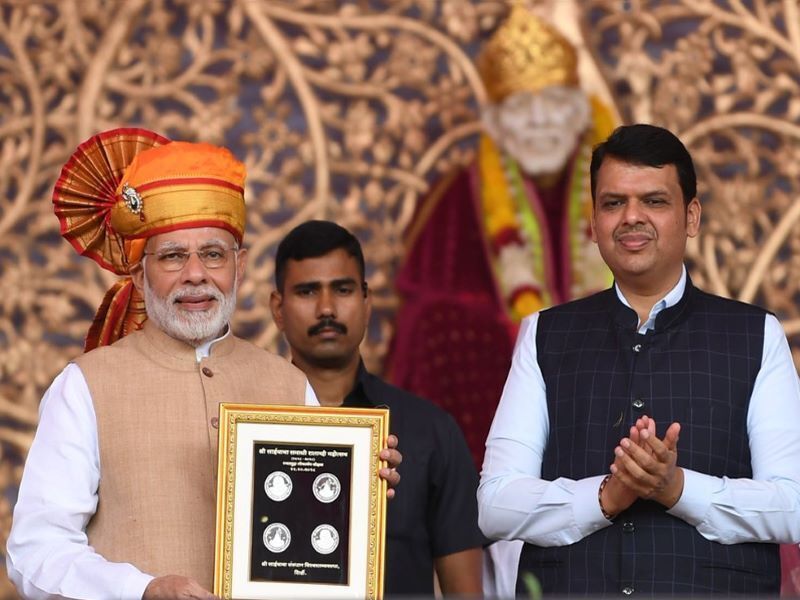Winning the floor test
The first challenge came immediately after forming the government. With 121 seats, the minority BJP govt. had to win the confidence of the house against stiff opposition by the heavyweight second-largest party in the house. Devendra Fadnavis led BJP not only secured their government but also won the speaker’s post.
Sailing through rough seas
Winning floor test, however, pushed them into running a coalition government, faced with constant threats from the hostile partners. This period has been an acid test of Devendra’s discretion and negotiation power, which saw him wade through the murky waters with his two-pronged strategy – saving his government by deft handling of the allies and pushing his developmental agenda forward.
The Masterplanner
The year 2017 witnessed a new height in political astuteness of Fadnavis. The two coalition partners of the Maharashtra government decided to fight each other in municipal elections. BJP ended up doing exceedingly well, winning eight corporations from its ally turned opponent. At the same time, in the Zilla Parishad elections, BJP emerged as the leader.
The architect of this stellar performance was Fadnavis himself which earned him the nickname ‘Chanakya’ from his party colleagues.
In the Brihanmumbai Municipal Corporation (BMC) election, the BJP came a close second to its competing ally, but Devendra allowed the ally turned opponent to get their candidates elected for the posts of Mayor, Dy. Mayor, and the Chairman. The political analysts found this move very clever that sealed a bigger political gain for him.
The two major crises that made big noises and posed huge challenges to his government were agrarian unrest and Maratha reservation, and we have seen how deftly they were handled.
Bold and Decisive
In 2016, Devendra took a bold yet controversial step of curbing the power of APMC. Earlier the APMC located in Vashi would enjoy a monopoly in the sense that the farmers had to sell their produces to APMC only. This system would benefit the middlemen only, denying the farmers of the right prices for their produces. Also, it would lead to creating artificial price hikes of fruits and vegetables by the middlemen.
Fadnavis created legislation to remove fruits and vegetables from the purview of the APMC. This allowed farmers to sell their perishable produces (and also the livestock) to anywhere, even directly to the consumers.
This was not easy because APMC was heavily under the influence of a strong opposition party, but then political will and good negotiation power can make many impossibles possible.


